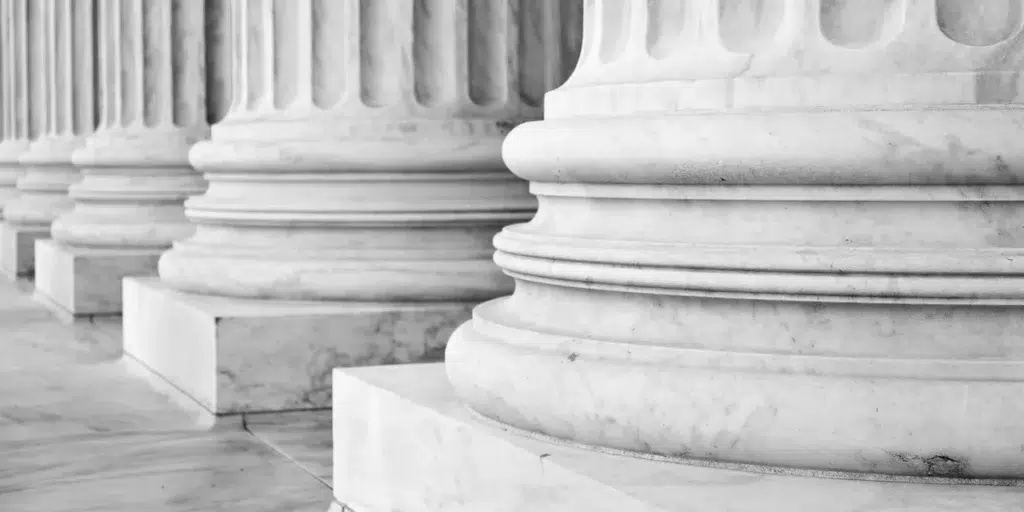On 26 November 2024, it was announced by the NSW Government that the NSW Commissioner of Fines Administration, in consultation with the NSW Police Commissioner, will withdraw 23,539 Covid-19 Penalty Notices, with an approximate amount of $5.5 million being refunded to those who had made full or partial repayments.
In late 2022, the Commissioner of Fines Administration had withdrawn approximately 36,000 Covid-19 Penalty Notices, on the basis that the Penalty Notices did not comply with the Fines Act 1996 (NSW), as the Penalty Notices were considered to have not sufficiently detailed the nature of the offence. At the time, the NSW Government refrained from withdrawing the remainder 23,539 Penalty Notices, on the grounds that they were formulated differently, with the offences explained more clearly.
However, the Commissioner of Fines Administration subsequently decided to extend the withdrawal to include the remainder 23,539, as per the announcement on 26 November 2024, in which the Commissioner is quoted as stating “Following representations made to the Commissioner of Police and myself concerning the validity of Covid-19 penalty notices, I have decided to exercise my statutory authority and withdraw these notices.”
The initial effects of the failure of the NSW Police to comply with the Fines Act 1996 (NSW) and sufficiently detail the nature of the offence were compounded by the fact that it was difficult for many people in the community to know what the actual law was at the time. During the Delta wave of the pandemic, there was an average of one new or revised public health order issued every 1.5 days, with minimal notice.
HAVE YOU BEEN ISSUED A PENALTY NOTICE?
If you received a Covid-19 Penalty Notice and your Penalty Notice was not subject to the cancellations that were made in late 2022, you should expect to hear from Revenue NSW who will be reaching out to those affected. It is important to note that the withdrawal of these Penalty Notices does not impact matters that are being considered by or were finalised by the courts.
If you have been accused of any offence of any nature, contact our expert, specialised criminal lawyers for an immediate consultation, free of charge, so that we can secure the best possible outcome.
THE TARGETING OF DISADVANTAGED AND MINORITY GROUPS THROUGH COVID-19 PENALTY NOTICES
It has been argued that the Covid-19 Penalty Notices had disproportionately targeted disadvantaged and minority groups, the very demographics who would feel the greater financial effects of a Penalty Notice.
A report completed by academics from the University of Wollongong, the University of NSW and the University of Technology Sydney found that Aboriginal and Torres Strait Islander children, children with cognitive impairments, children from disadvantaged suburbs and children experiencing socio-economic challenges, homelessness, or unsafe home environments were over-represented in the number of Penalty Notices issued.
The draconian nature of these Penalty Notices, particularly when issued to disadvantaged children, is best reflected in the fact that whilst more than half of the Penalty Notices were for $1000, with a number of them up to $5000, the maximum fine that can be given in the NSW Children’s Court is only $1,100. The interests of the community would have best been suited with a more diversionary approach, rather than punitive measures which only compounded the disadvantages these marginalised groups suffer.
UNPRECEDENTED AND EXTRAORDINARY POLICING DURING COVID-19 PANDEMIC
NSW Police were given an unprecedented and extraordinary amount of power during the COVID-19 pandemic. They took advantage of these powers by using a heavy-handed approach despite a context where orders were being changed daily, with minimal notice, to the extent that some officers themselves were not aware of what the rules were, yet still deprived members of the public of their liberty.
In one case, an individual in Marrickville was issued with a warning and a ‘move on’ order for breaching the 5km travel rule, even though he had been visiting an intimate partner and the fact that the 5km restriction did not apply to visiting intimate partners.
Another example involved NSW Police issuing Penalty Notices for people they found to be breaching ‘outdoor recreation’ rules, in Local Government Areas where such activity was in fact allowed.
If you have been accused or charged with an offence, call us now for a free consultation immediately so that our expert criminal lawyers can plan for you to obtain the best possible result.
